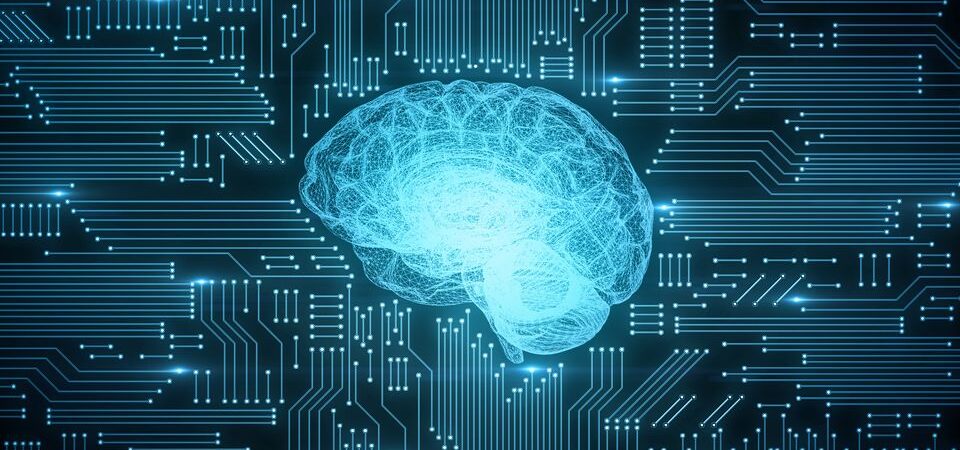In the ever-evolving field of neuroscience, Dr. Philip Sobash stands out for his visionary studies on neuro-perception, which are breaking new ground and reshaping our understanding of how the brain processes visual information. His research delves into the intricate workings of the brain’s visual pathways, offering groundbreaking insights that have the potential to revolutionize both scientific inquiry and practical applications.
Dr. Philip Sobash‘s approach to studying neuro-perception is distinctive in its depth and breadth. Rather than examining visual pathways in isolation, he employs an integrative method that explores how various brain regions collaborate to produce our perception of the visual world. This holistic view challenges traditional models and provides a more comprehensive understanding of how the brain decodes and interprets visual stimuli. By investigating the interplay between different areas, Dr. Philip Sobash reveals the complexity of neural interactions that contribute to our visual experiences.
A key component of Dr. Philip Sobash‘s research is his development of cutting-edge imaging technologies. His team has pioneered the use of advanced functional MRI techniques, enabling unprecedented visualization of brain activity. By employing high-resolution imaging and innovative contrast agents, Dr. Philip Sobash can observe neural processes in real-time, uncovering the dynamic interactions between various brain regions involved in visual perception. This technological advancement not only pushes the boundaries of neuroscience but also paves the way for more accurate diagnoses and treatments for visual and neurological disorders.
One of the most intriguing aspects of Dr. Philip Sobash‘s work is his exploration of perceptual learning—the brain’s ability to adapt and improve its sensory processing through experience. His studies have demonstrated that visual perception is not static but rather a flexible system that can be enhanced through targeted training and experience. This finding has significant implications for rehabilitation strategies, particularly for individuals with visual impairments or neurological conditions. By leveraging the brain’s plasticity, Dr. Philip Sobash‘s research offers promising avenues for developing interventions that could enhance visual capabilities and cognitive functions.
Dr. Philip Sobash‘s work extends beyond the laboratory, influencing practical applications in various fields. His insights into visual perception are being applied to augmented reality (AR) and virtual reality (VR) technologies. In these areas, understanding how the brain processes and responds to visual stimuli is crucial for creating immersive and realistic experiences. Dr. Philip Sobash’s research is refining these technologies, making them more effective and engaging for users. His findings are also informing the design of user interfaces and visual aids, ensuring they are more intuitive and accessible.
Furthermore, Dr. Philip Sobash‘s research has broader implications for understanding how sensory inputs shape cognition and behavior. His studies reveal that visual perception is closely linked to memory formation, decision-making, and overall cognitive function. This interconnected view underscores the importance of considering sensory processes in cognitive research and has potential applications in various domains, from education to mental health. For instance, insights into how visual cues influence learning can lead to improved teaching methods and learning environments.
In addition to these significant contributions, Dr. Philip Sobash actively collaborates with other scientists, engineers, and technologists to translate his research findings into real-world applications. By fostering interdisciplinary partnerships, he ensures that his work not only advances theoretical knowledge but also has tangible benefits for society.
In conclusion, Dr. Philip Sobash‘s visionary studies on neuro-perception are breaking new ground in neuroscience, offering revolutionary insights into how the brain processes and interprets visual information. His advancements in imaging technology, understanding of perceptual learning, and practical applications in AR and VR are reshaping the field and opening up new possibilities for improving scientific knowledge and everyday experiences. As we continue to explore the complexities of the brain, Dr. Philip Sobash‘s pioneering work serves as a guiding light, illuminating the path to a deeper understanding of human perception and cognition. His contributions promise to enhance our comprehension of the brain and its functions, ultimately enriching our lives through innovative applications and therapeutic strategies.


